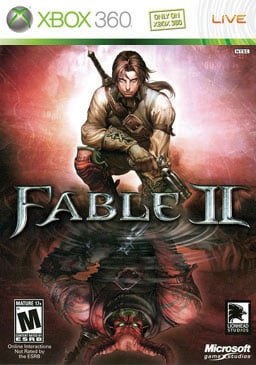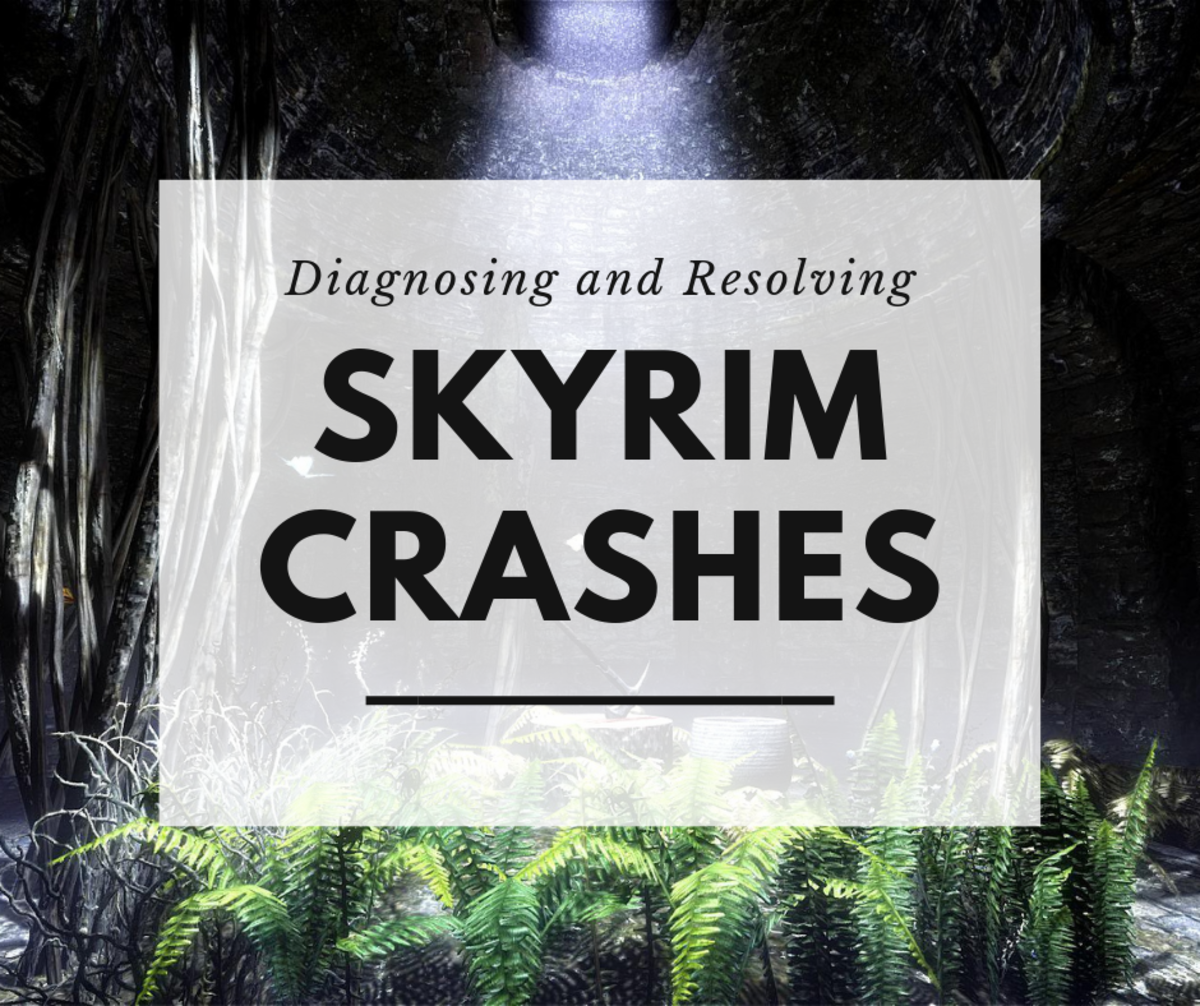- HubPages»
- Games, Toys, and Hobbies»
- Computer & Video Games»
- Roleplaying Video Games»
- Western Roleplaying Video Games
Ethical Judgment in Fable 2

Choosing Good or Evil in Albion
When attempting to alter the character's moral standing is it better to have a consequentialist or deontological perspective? In consequentialism the rightness or wrongness of an action stems from the consequence of the actions. For a consequentialist lying may be permissible if the lie achieves a good aim such as protecting someone from harm. Conversely, deontology understands the ethical nature as stemming from the act itself regardless of the results. If a deontologist considers lying wrong then it will be wrong no matter the ultimate outcome of the lie. Historically, John Stuart Mill is often seen as a consequentialist and Kant as promoting a deontological point of view.
Morality in Video Games
Because elements of the game change depending on the character’s morality, the player may question which stand-point, consequentialism or deontology, is the most effective method for making the character more or less moral. For instance, will actions such as breaking into a home decrease morality because the action is illegal, or will breaking into the house to acquire a quest item for a greater good mitigate the ethics of the situation?
The Case for Consequentialism
In many situations, the player is presented with a choice by which morality will be determined. If the character burglarizes several homes, no matter the intentionality, the community becomes increasingly crime-ridden and fearful. Here the world and character are altered by the consequences of actions. This same theory hold true for defending or raiding the farm in Brightwood. Helping Giles not only gains general morality points, the consequences are good in the sustaining of a peaceful farm.
The Case for Deontology
Some actions, such as stealing, killing citizens, or selling people into slavery, routinely result in the loss of morality points. Even if no one witnesses the character steal an item the punishment is incurred. These behaviors suggest a deontological worldview since the actions are considered wrong regardless of the circumstances or outcomes; the actions themselves are wrong in their nature no matter what results from them. The decade in Lucien’s Spire also supports deontology. Though experience points are lost, refusing to do the bidding of evil overseers, not murdering someone in cold blood, and feeding prisoners despite orders to the contrary earn the player a substantial number of morality points because the actions themselves are humane. For instance, the player has no idea if he or she is feeding merciless killers or innocent captives, but those details are unimportant when measured against the benevolence of the act.
The Hero or Villain of Albion
The best approach, then, for gaining or losing morality points is to consider the nature act in question. A quest to free captives may liberate hardworking farmers or crooked merchants intent on fleecing more customers. In either case, the player will gain morality points because the act of liberating people from slavers in righteous regardless of the consequences.
© 2010 Seth Tomko







